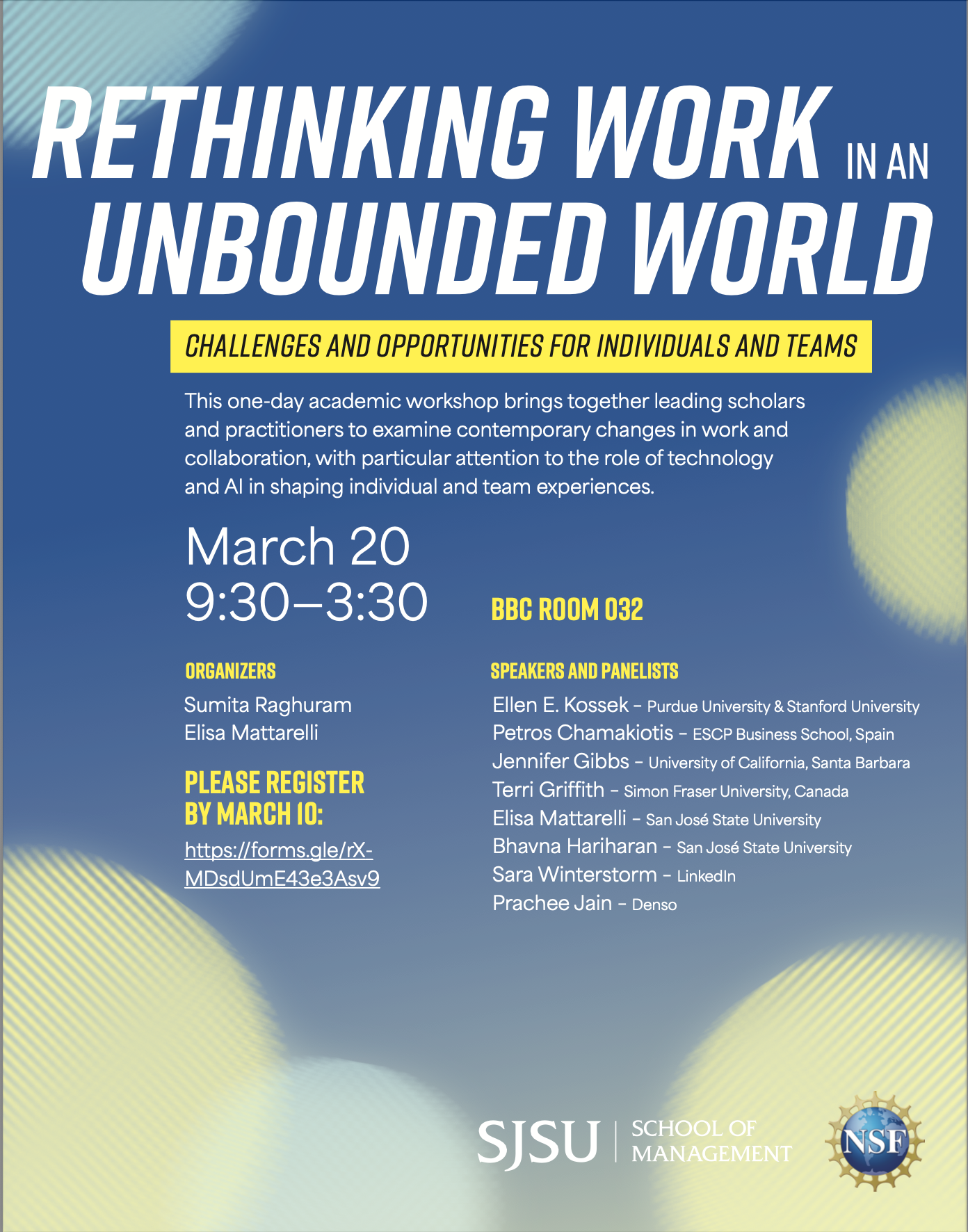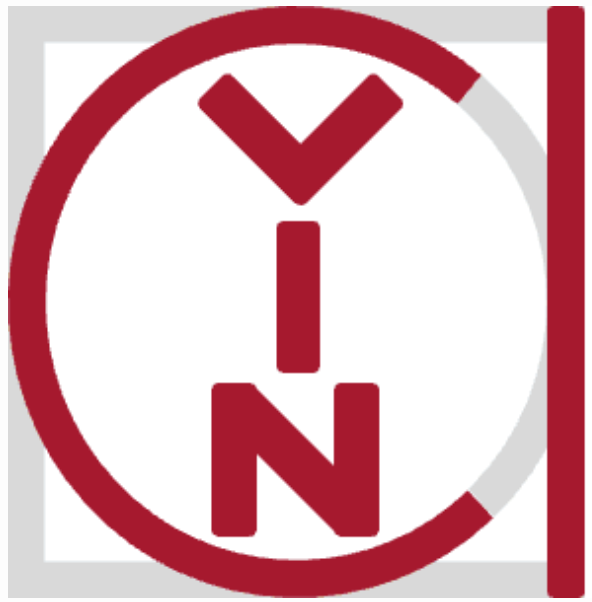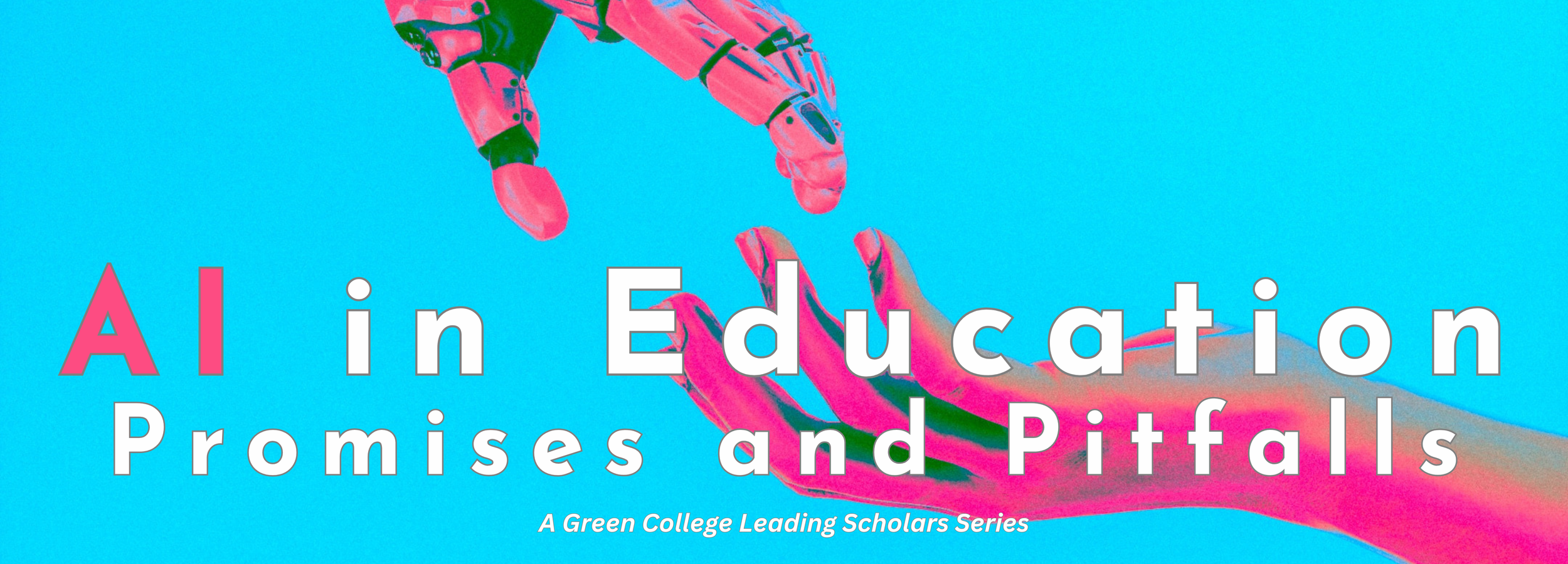
The Future-Ready Workforce - Online
As a senior leader, you're likely feeling the pressure of leading digital transformation in a world where technology disrupts traditional business models at a relentless pace. Even with your leadership experience, guiding your organization through these changes can feel overwhelming, especially when dealing with cross-functional teams, complex digital strategies, and fast-evolving technologies. The challenge is not just understanding the tools but creating a vision that drives meaningful, organization-wide transformation.
The Digital Transformation Leadership (DTL) Program is designed to help you tackle these issues head-on. It equips you with the strategic insight, leadership capabilities, and digital acumen needed to confidently lead your organization through the complexities of digital transformation, ensuring sustainable success in this ever-changing landscape.


































"Terri's depth and breadth of expertise is sometimes belied by the many ways she makes her detailed research and conclusions so accessible. An engaging speaker, she articulates her three-dimensional model of people+technologies+organizational processes in such a way that both the big picture and the specific opportunities are illuminated. I try to take in her presentations every chance I get!”